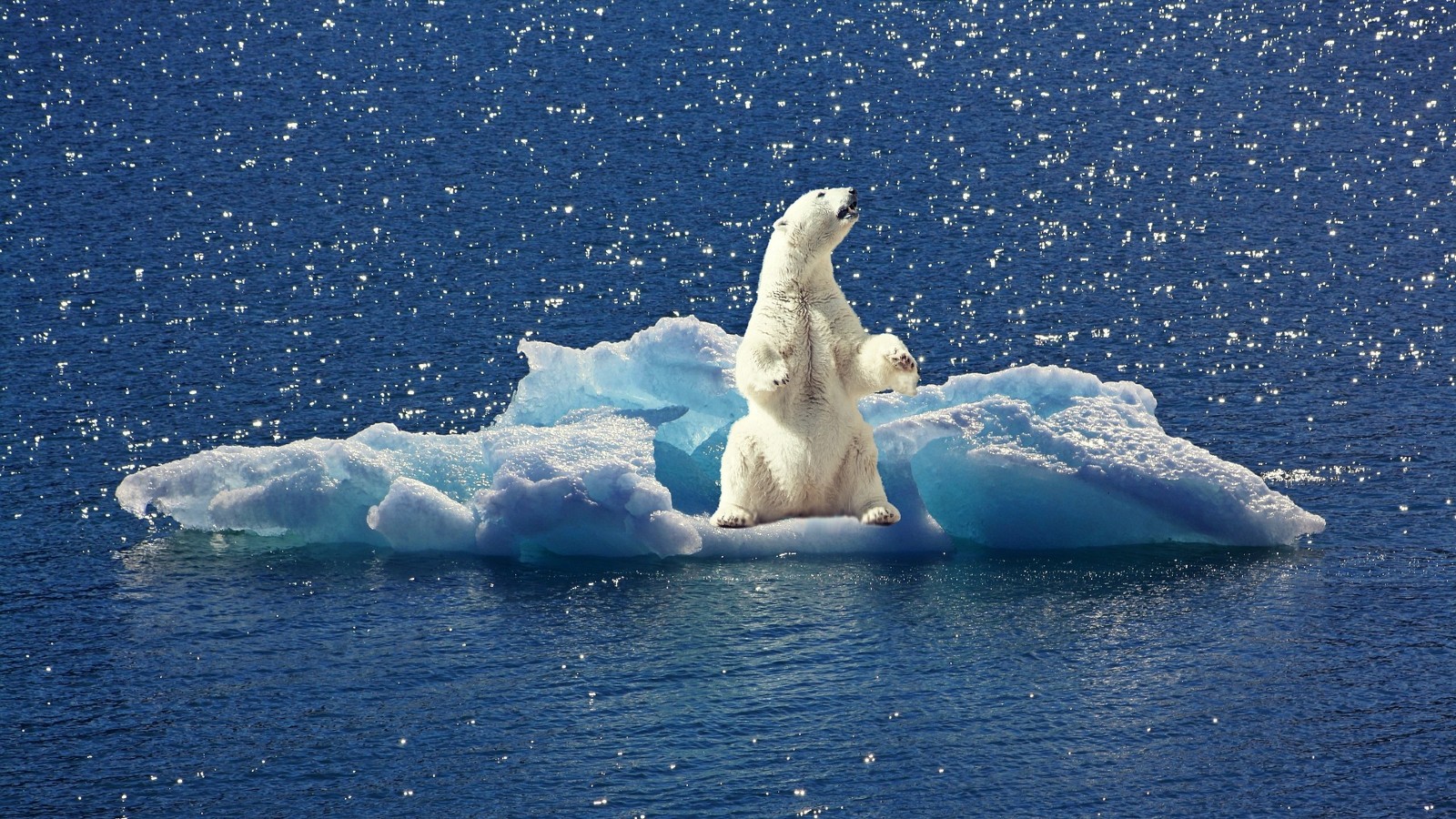Melting ice sheets may postpone need for ‘negative leap second’
Glaciers are melting so fast that we may need to delay adding that 'negative leap second' to keep clocks aligned with Earth's rotation.
 The redistribution of ocean mass from melting ice is messing with the Earth's spin cycle in a new way, according to a new study. (Image: cocoparisienne/Pixabay)
The redistribution of ocean mass from melting ice is messing with the Earth's spin cycle in a new way, according to a new study. (Image: cocoparisienne/Pixabay)It’s a well-known fact that climate change has been messing with the weather and sea levels. But according to a new study published in the science journal Nature, it may even be altering how we keep time.
The study notes that as glaciers and ice sheets in Greenland and Antarctica melt at an accelerating rate thanks to rising temperatures, all that extra liquid is redistributing weight across the planet. That’s ever-so-slightly slowing down the Earth’s rotation on its axis.
Our clocks and calendars are based on this rotation rate, which is managed by scientists calculating what’s called Coordinated Universal Time (UTC). But the rotation hasn’t been perfectly steady. In fact, for a few decades now, the Earth has actually been spinning a tiny bit faster than normal.
To account for that speedup, timekeepers have periodically added a “leap second” to clocks around the world – they’ve done it 27 times since the 1970s. The plan was to subtract that leap second for the first time in 2026, a tweak they nicknamed the “negative leap second.”
But this new research suggests the accelerating melt from Antarctica and Greenland has acted like a brake, slowing the rotation back down just enough that we may not need that negative leap second until 2029 or later.
According to the study’s author, Duncan Agnew from the University of California San Diego who spoke to AFP, “It’s kind of impressive, even to me, that we’ve done something that measurably changes how fast the Earth rotates […] Things are happening that are unprecedented.”
He warns that when we do eventually need to implement that negative leap second adjustment, it could cause major headaches for computer systems not designed to handle a subtraction of time like that.
Not everyone is convinced though. Demetrios Matsakis, former chief scientist for time services at the US Naval Observatory, told the publication that the Earth’s rotation is too unpredictable to definitively say when (or if) we’ll need that negative leap second anytime soon.
- 01
- 02
- 03
- 04
- 05































